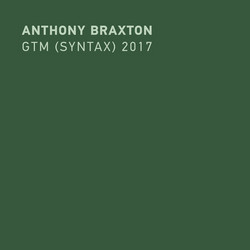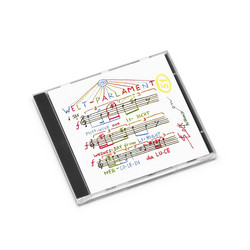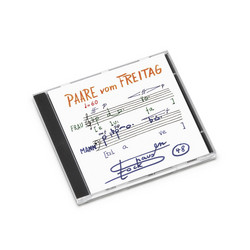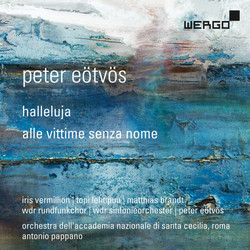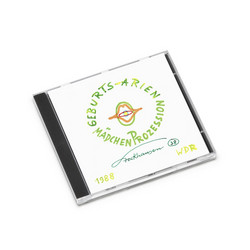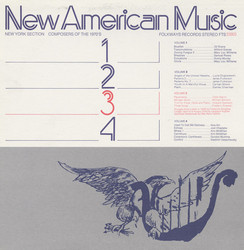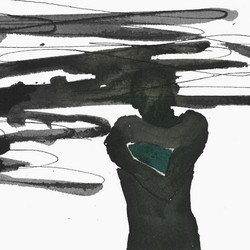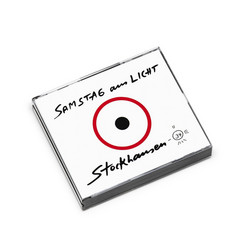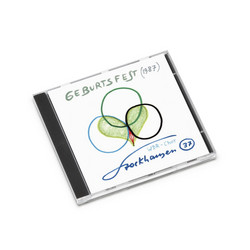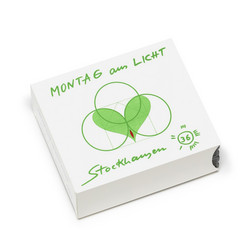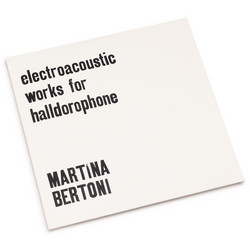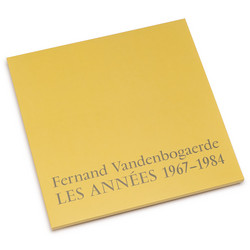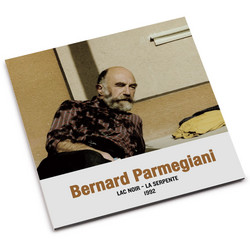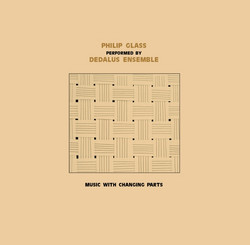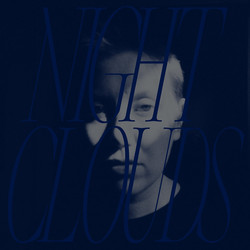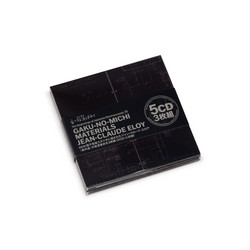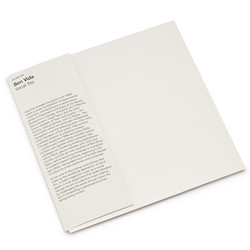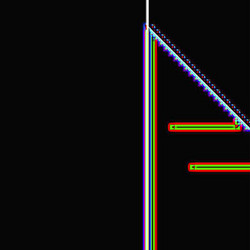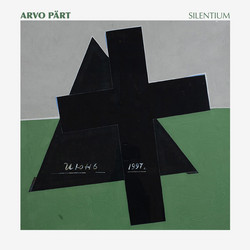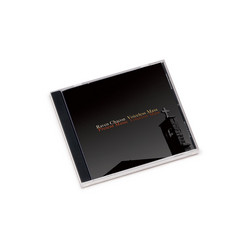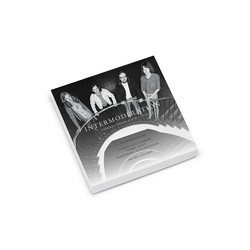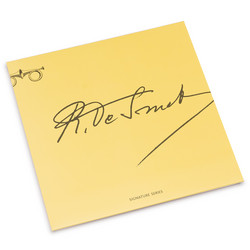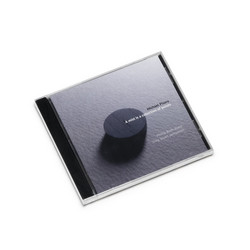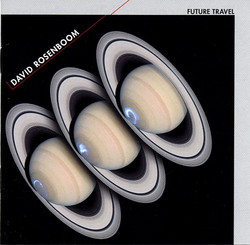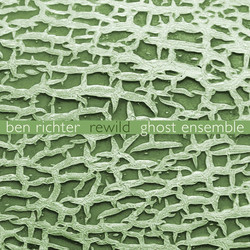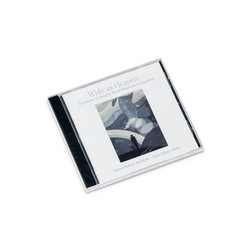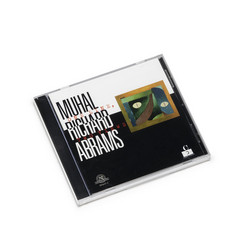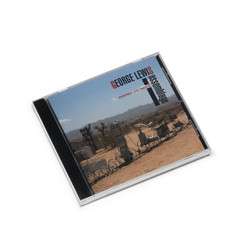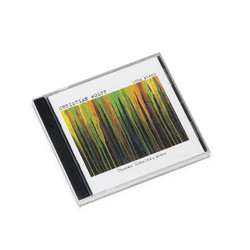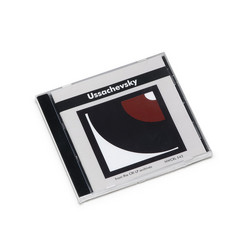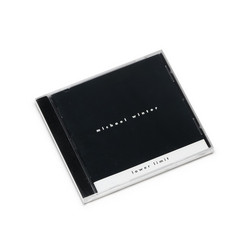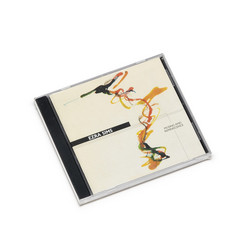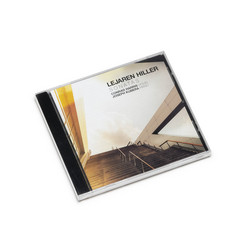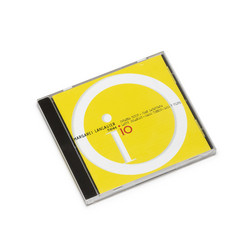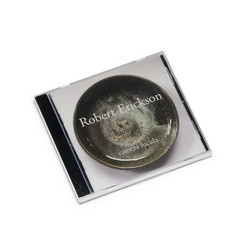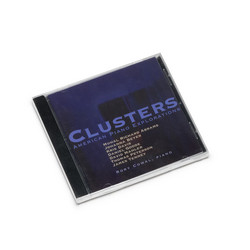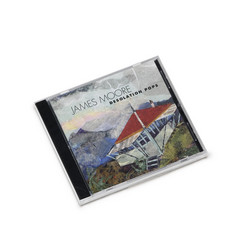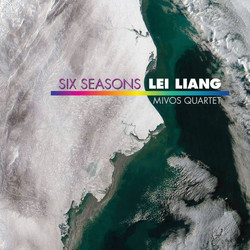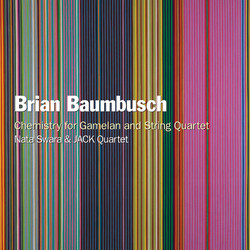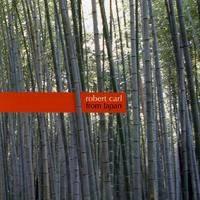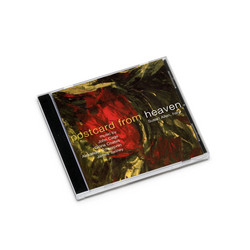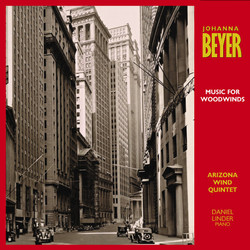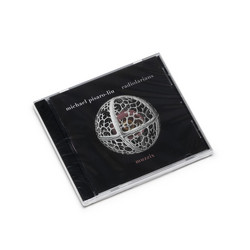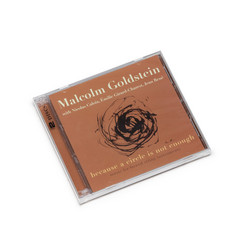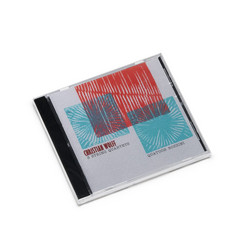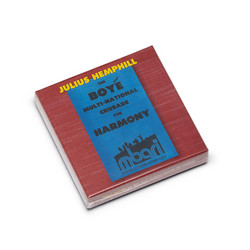Fairy tale opera has been a challenging genre for composers, with even some of the musically most successful examples, like Humperdinck’s Hansel and Gretel of 1893, more often presented for children than for adults. Scott Wheeler’s (b. 1952) Naga, working from a text that lies between fairy tale and mythology, stands much closer to Mozart’s marvelous exemplar, The Magic Flute, in its musical account of a restless man setting out on a spiritual quest in a world polarized between good and evil forces that are not easily distinguishable one from another. Set to a libretto by Singapore-born writer and impresario Cerise Lim Jacobs, the opera follows a Buddhist monk as he leaves his wife and sets off in search of spiritual enlightenment, under the tutelage of a stern Buddhist master and the surveillance of two fiercely passionate snakes, the “naga” of the title, designating Hindu and Buddhist serpentine deities. Given the religious content and fairy tale legendry of the libretto, it is striking that Wheeler’s Naga is neither ritually minimalist in its musical composition, nor carefully neo-classical, but a work of full-blooded passion, longing, and jealousy, gorgeously composed in the spirit of late Romantic opera. Mozart is clearly an important model for the fairy tale composition, but Wheeler, who was a student of Virgil Thomson, reflects some of the musical values of mid-twentieth-century composers like Barber, Britten, and Bernstein. In Naga, with its beautiful, disturbing, passionate pair of snakes, playing morally ambivalent roles, vocalized with the otherworldly timbres of a high coloratura soprano and a plaintive countertenor, Wheeler stakes out new operatic terrain, while also returning to the domain of fairy tale and legendry in opera and the precedent of The Magic Flute. Naga richly suggests some of the ways in which contemporary opera might engage not just with the intensity of human emotions but also with the complex relation between human beings and the natural world.
"Brightly colored, imaginatively scored tonal music with always singable vocal lines that soar and glide." —Opera News
"Naga is a phenomenal, beautiful experience, replete with top-rank singing and led by a conductor I am interested to hear much more from." —Fanfare
"Lush post-Romantic music with piquant echoes of Britten and Barber, deftly conducted by Carolyn Kuan." —BBC Music
